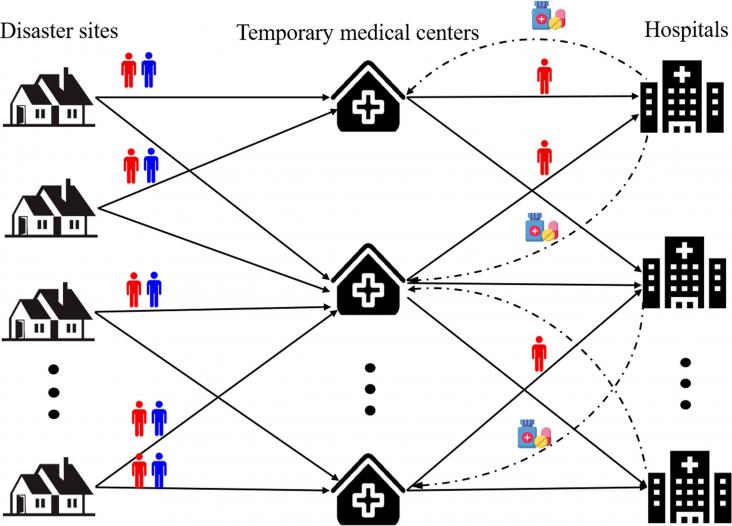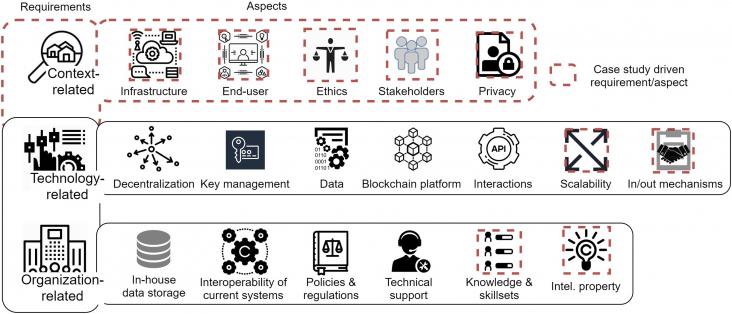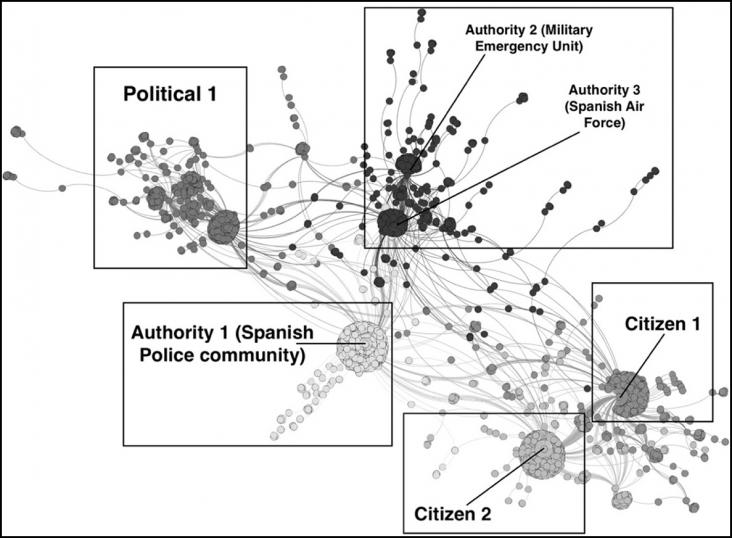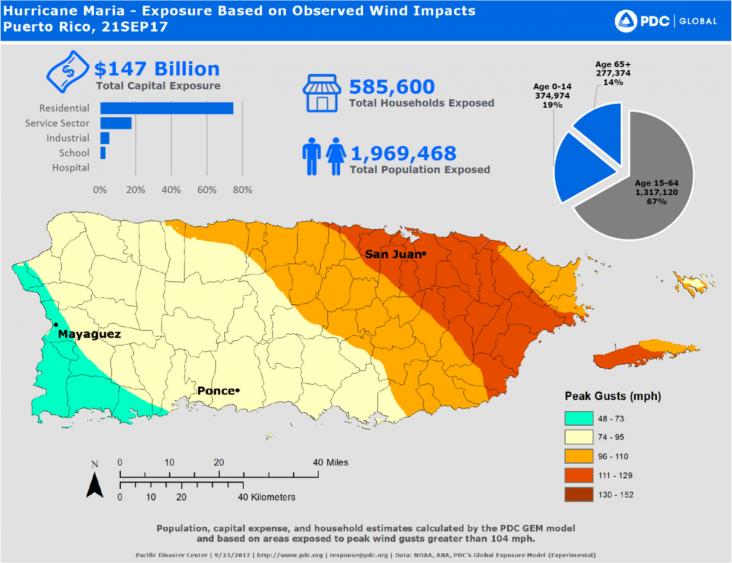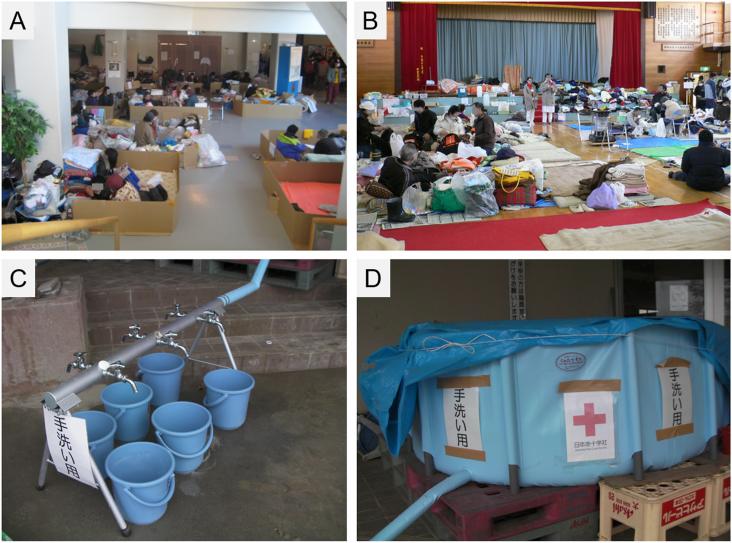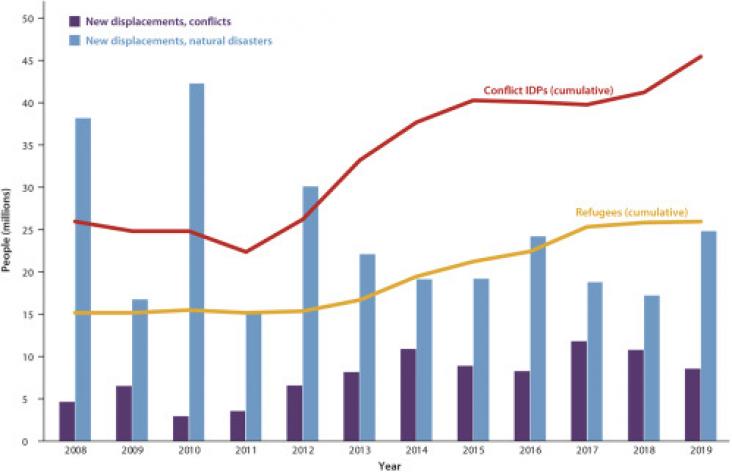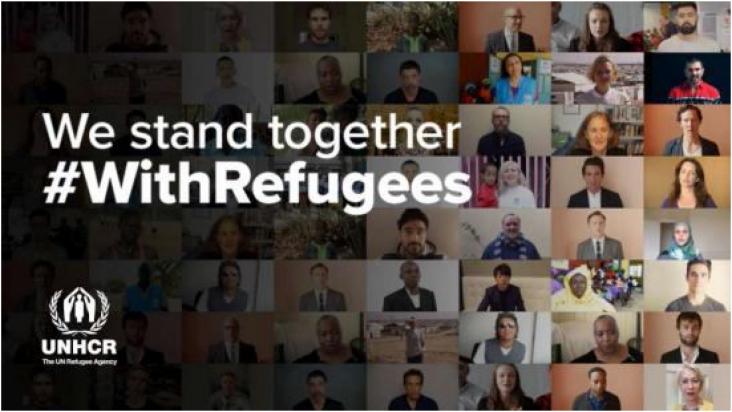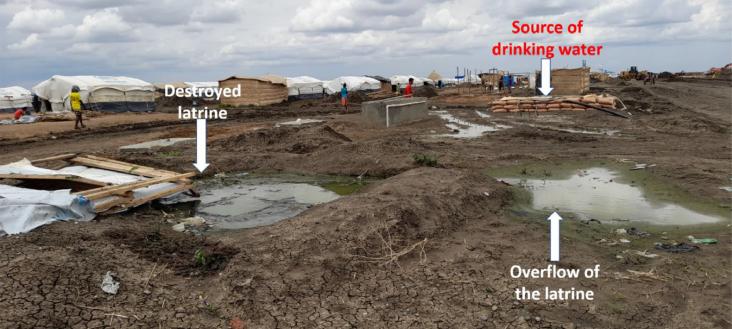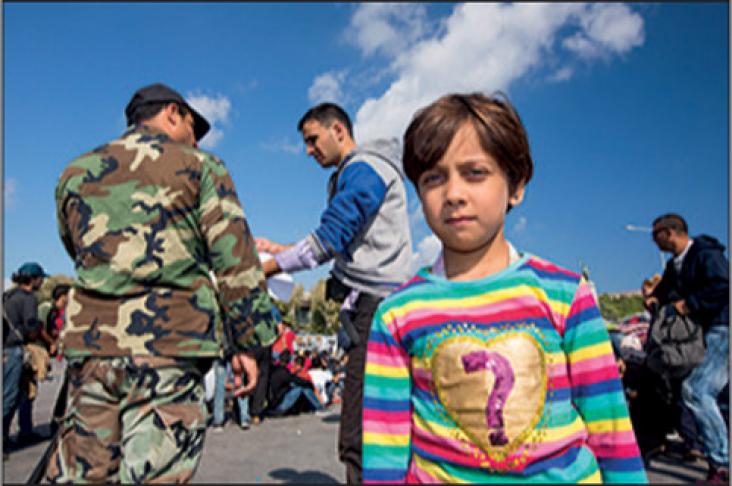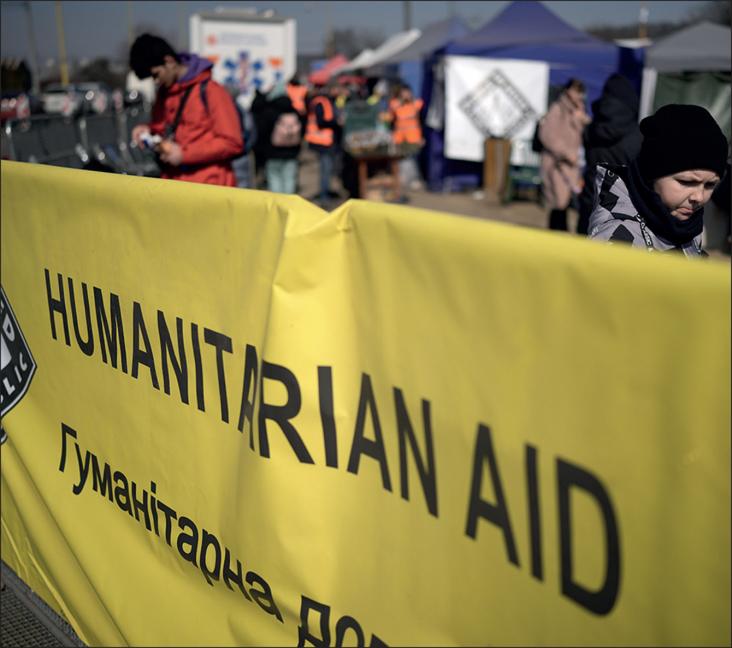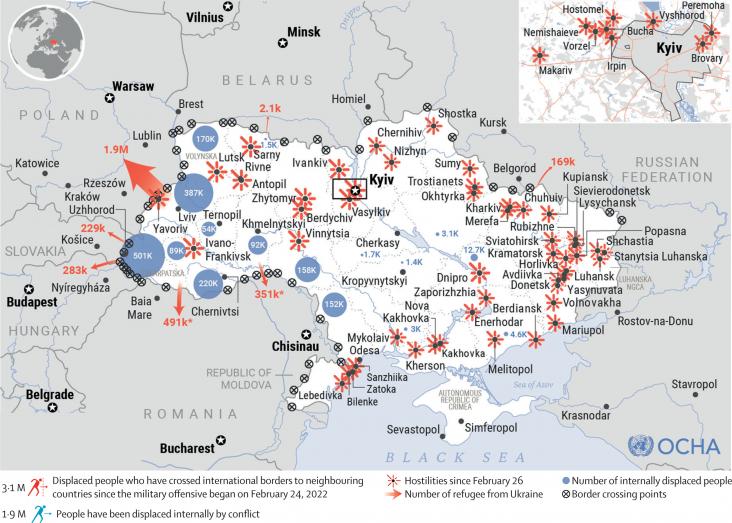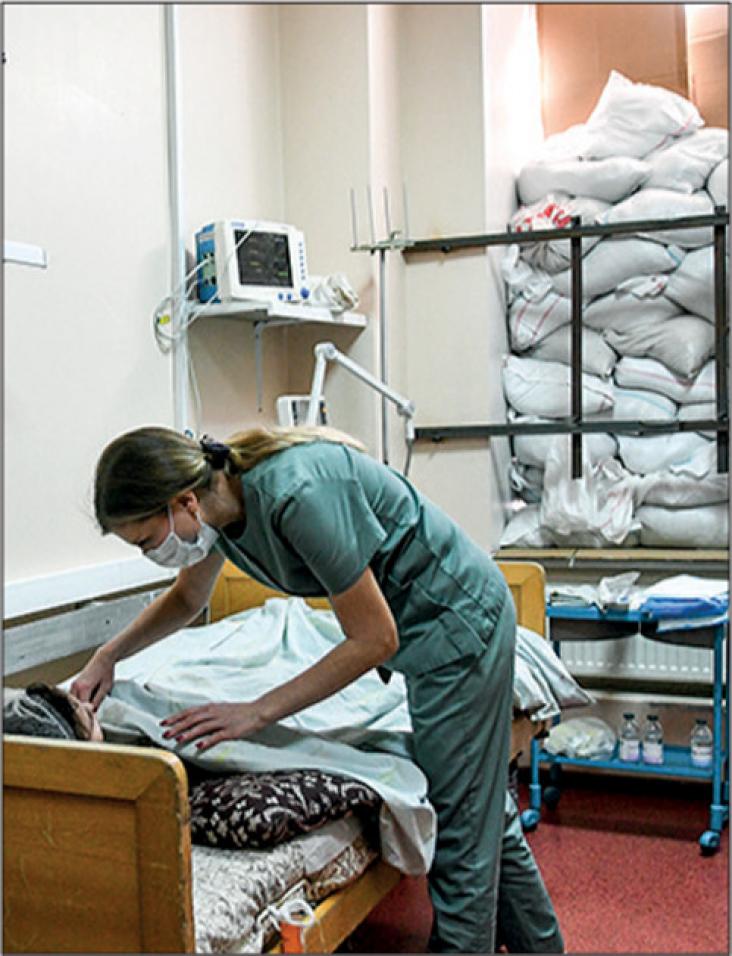
Conflict, insecurity, weak institutions and limited access to justice remain a great threat to sustainable development, particularly with current events in Ukraine. We condemn the Russian invasion of Ukraine and join the call for an immediate cease fire to protect civilians and restore peace. We stand with the people of Ukraine and are committed to supporting the research and healthcare communities we serve that are impacted by the unfolding humanitarian crisis. To further support all humanitarian efforts, we have created a publicly available special issue focused on the tremendous challenges Ukraine and other countries face to protect human rights and the rule of law as well as the knowledge and solutions that can advance peace and security.
Sustainable Cities and Society, Volume 37, February 2018
Forced migration is not a recent phenomenon, nor is the reality of the amount suffering of the displaced population fleeing from armed conflict. Finding housing for refugees has not only become an acute obligation for hosting countries but it is a situation predicted to continue, and possibly increase, in the future. This study is discussing and showing the results of the first phase of an ongoing project for designing and constructing an eco-cycle refugee shelter.
Heliyon, Volume 7, May 2021
After a massive disaster, many residents in affected areas are forced to temporarily stay in evacuation shelters. The exact impact of the state of resource supply and infrastructure in evacuation shelters on the health status of evacuees has not been sufficiently studied. Two weeks after the 2011 Great East Japan Earthquake (GEJE), comprehensive surveillance related to the health status and hygiene level was performed for all evacuation shelters (328 shelters with 46,480 evacuees at the peak) in one of the most devastating medical zones after the tsunami hit the area (Ishinomaki City).
One Earth, Volume 3, 23 October 2020
Climate change is reshaping the comparative advantage of regions and hence driving migration flows, principally toward urban areas. Migration has multiple benefits and costs in both origin and destination regions. Coordinated policies that recognize how and why people move can reduce future costs and facilitate adaptation to climate change both within borders and internationally.
The Lancet, 2022, ISSN 0140-6736
The Impacts of Climate Change, A Comprehensive Study of Physical, Biophysical, Social, and Political Issues, 2021, Pages 537-545
Enhancing Disaster Preparedness, From Humanitarian Architecture to Community Resilience, 2021, Pages 209-222
Global Mental Health and Psychotherapy
Adapting Psychotherapy for Low- and Middle-Income Countries, Global Mental Health in Practice, 2019, Pages 341-362
International Encyclopedia of Human Geography (Second Edition), 2020, Pages 373-379
Reference Module in Food Science, Encyclopedia of Food Security and Sustainability, Volume 1, 2019, Pages 128-134
Hunter's Tropical Medicine and Emerging Infectious Disease (Ninth Edition), 2013, Pages 148-156
Introduction to Emergency Management (Seventh Edition), 2020, Pages 349-401
International Encyclopedia of Housing and Home, 2012, Pages 330-335
International Encyclopedia of Human Geography (Second Edition), 2020, Pages 221-228
International Encyclopedia of Human Geography (Second Edition), 2020, Pages 121-128
Handbook of Research on Blockchain Technology, 2020, Pages 1-34
Contemporary Psychodynamic Psychotherapy, Evolving Clinical Practice, 2019, Pages 319-334
Brain and Spine,
Volume 2,
2022,
100880



